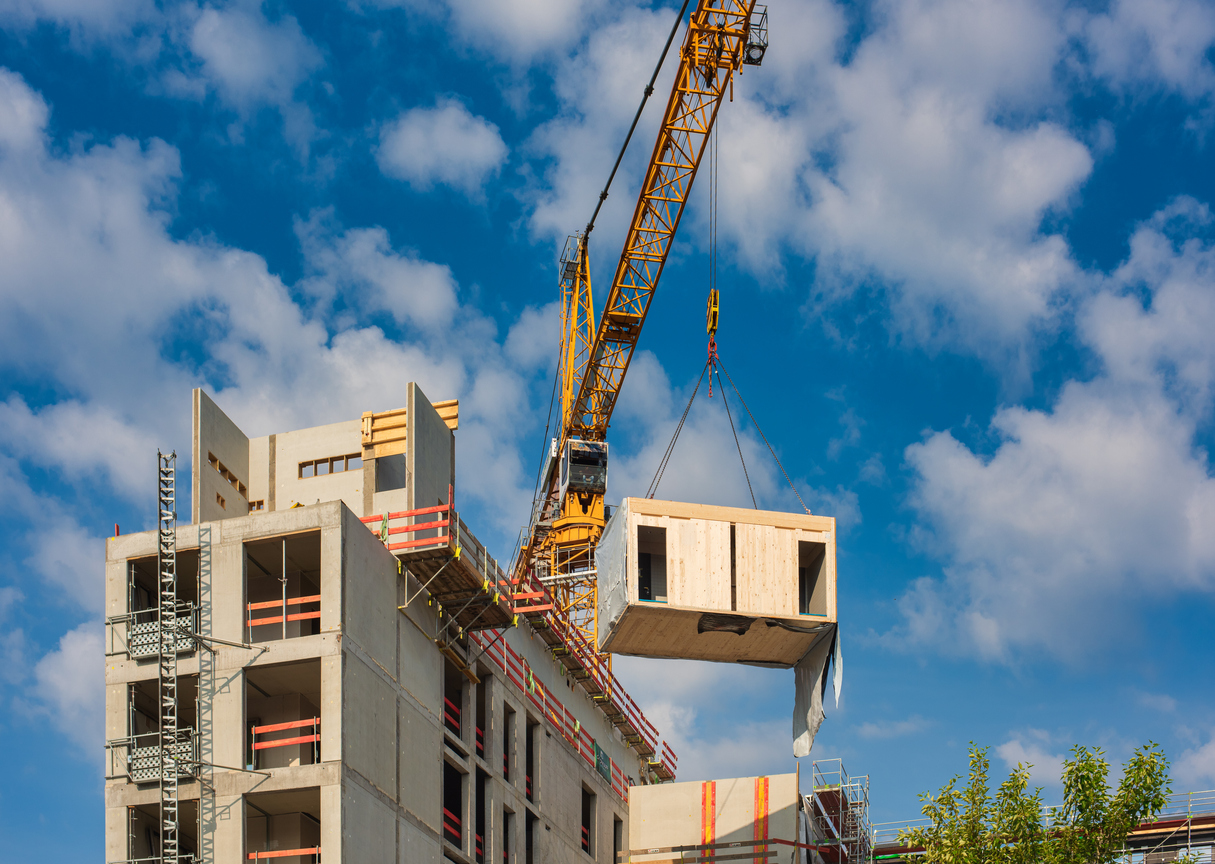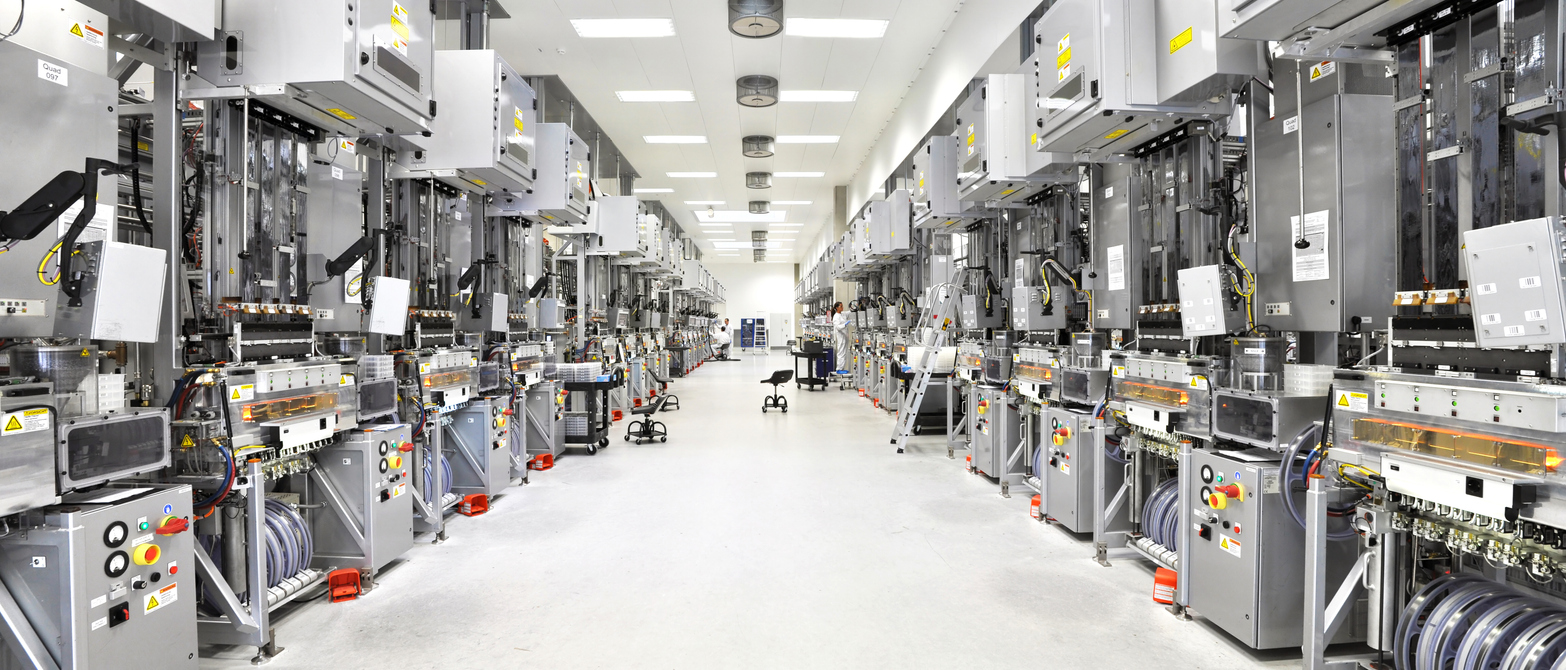Everything You Need to Know to Buy and Export Prefabricated Buildings from Angola
Everything You Need to Know to Buy and Export Prefabricated Buildings from Angola
Prefabricated buildings are an excellent solution for fast and cost-effective construction of storage facilities, agricultural production, industrial processing and other smaller buildings. Prefabricated buildings have several key benefits: they are quicker to construct than traditional methods; they require less site prep work; they make excellent use of small plots of land; and they help businesses cut costs and reduce waste. In addition, prefabricated buildings offer greater energy efficiency than traditional methods. In this article, we explain everything you need to know about buying and exporting prefabricated buildings from Angola. If you would like to learn more about the practical details of this process, read on!
What is a Prefabricated Building?
A prefabricated building is a type of modular construction usually made from steel. Although much of the world refers to these structures as prefabricated buildings, in the United States they are often known as modular buildings. Modular buildings are constructed off-site in a factory-controlled environment and then transported to their final destination. They are typically built with a few key advantages in mind: shorter construction times, decreased costs, reduced waste, and improved energy efficiency. As such, modular construction is especially useful for projects that require quick completion, have limited budgets, or are located in areas where climate or soil conditions make traditional construction methods impossible. Prefabricated buildings are used for a variety of functions, including agriculture, commercial, industrial, and residential applications. Modules are generally made of steel, aluminum, or concrete, although hybrid construction materials are also used. Modules are typically made in the same widths as standard shipping containers, with the length of each module varying depending on the building’s specific needs. Different types of modular construction exist, but the most common types of prefabricated buildings used for commercial and industrial purposes are modular steel construction and precast concrete construction. Steel modular construction is one of the most commonly used types of modular construction, with precast concrete construction also being quite popular.
How to Buy and Export Prefabricated Buildings from Angola
As with any other business transaction involving international trade, buying and exporting modular buildings from Angola is a complex process that requires careful planning. Here’s what you need to know: First, you need to identify the type of modular buildings you need and the specific design specifications. Next, you need to find an Angolan company that can supply these buildings. It’s important to note that you can’t simply visit a few construction companies and expect to find the perfect modular builder. You need to observe several key factors before you can confidently make this decision. For example, you need to consider factors such as the company’s experience, its delivery schedule, and the quality of previous construction projects. You should also make sure you thoroughly inspect the company’s modular construction facilities and talk to a few previous clients to learn more about their experiences.
Things to Know Before You Buy and Export
Before you make any decisions, it’s important to note a few key factors that can affect modular construction. For example, when it comes to shipping, factors such as weight and size can greatly influence the design and shipping costs of your modular buildings. In addition, although modular construction can help facilities save money on construction, you should keep in mind that the modules themselves are more expensive to purchase than traditional building materials. Before you buy and export prefabricated buildings from Angola, keep in mind that these projects have specific risks and challenges that are different from traditional construction methods. For example, modular construction requires a precise construction process that requires workers to utilize precise measurements and calculations, which could be difficult in developing countries.
3. Choose the Right Shipping Company
As with many other aspects of the modular construction process, the exact details of the logistics depend on the specific project. However, in general, modular buildings are usually transported by sea. When choosing a shipping company, consider factors such as reputation, insurance coverage, and previous experience with similar projects. Keep in mind that, although sea transport is the most common method for shipping modular buildings, you also have the option to transport them via land. However, this method is significantly more expensive, so it’s typically used for larger projects.
2. Find a Licensed Shipment Company
Before you purchase and export prefabricated buildings from Angola, you should find a licensed shipment company that can assist you with the transportation process. A licensed shipment company can help you select the best and most cost-effective shipping route. If you’re shipping on a budget, you should also consider the option of consolidating your modular building shipment with other cargo. This is particularly common with shipping companies that offer long-haul routes. If you choose to go this route, make sure that the other cargo is suitable for being transported alongside your modular buildings.
1. Find a Reputable Builder
Before you buy and export prefabricated buildings from Angola, you should find a reputable builder. While you can find a few construction companies in Angola that specialize in modular construction, you should carefully consider your options to ensure that you find the best possible builder for your project. When finding a builder, you should consider factors such as the company’s experience, the quality of previous construction projects, and the estimated construction costs. Additionally, you should make sure that the builder has all the necessary government permits and licenses to legally build in Angola.
Conclusion
Prefabricated buildings are an excellent option for fast and cost-effective construction of storage facilities, agricultural production, industrial processing and other smaller buildings. Prefabricated buildings have several key benefits: they are quicker to construct than traditional methods; they require less site prep work; they make excellent use of small plots of land; and they help businesses cut costs and reduce waste. In addition, prefabricated buildings offer greater energy efficiency than traditional methods.








LEAVE A COMMENT
You must be logged in to post a comment.